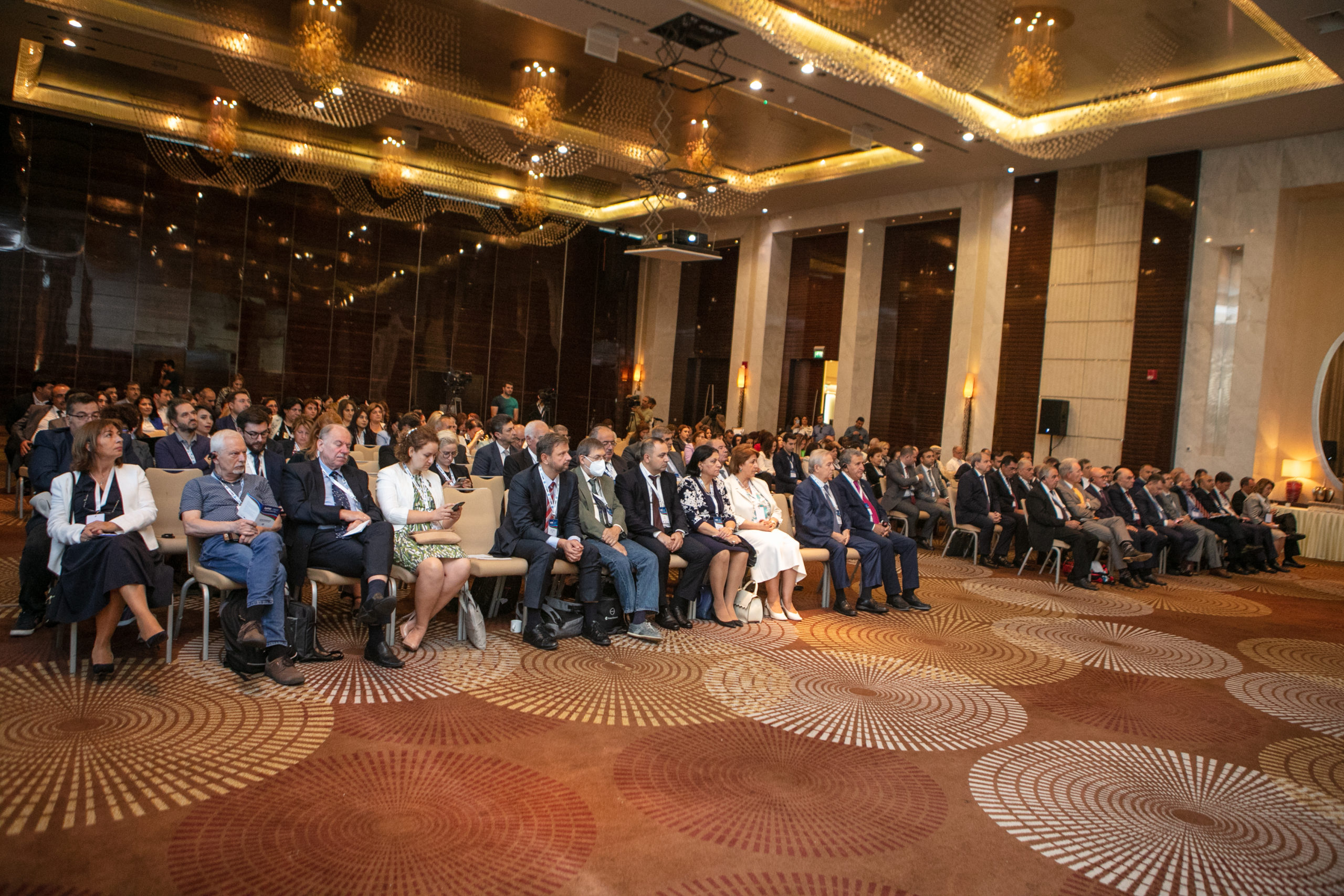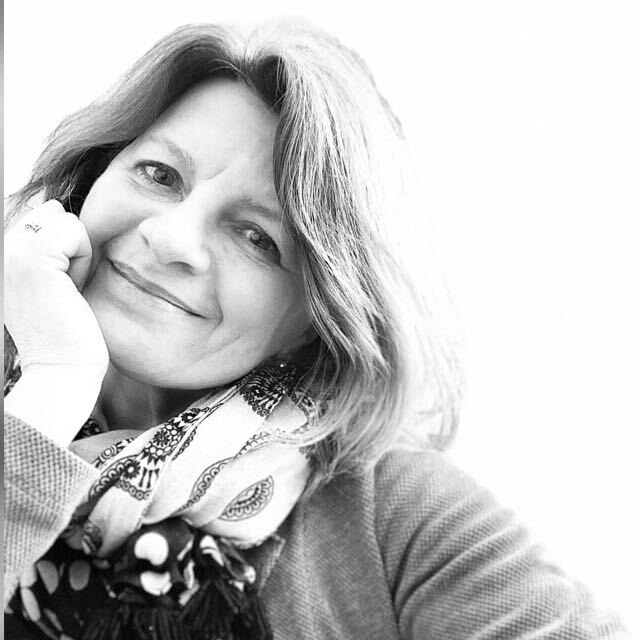
For two days, 30 speakers from 15 countries gave a series of engaging talks on innovative projects at the 5th Eastern Partnership E‑infrastructures Conference. Irina Matthews, EaPConnect Project Manager, in her closing plenary summarised what the conference aimed to achieve: “The end of this conference is a beginning, continuation of the growth of human connections. When the power of technology is multiplied by the size of the human network – only then technology delivers impact on human lives. None of the projects or research initiatives presented here is possible without technology and technology-based tools for research. None of these projects happen in isolation – they all are enabled by the collaboration between people and organisations. Our strength is in harnessing the power of technology through building human networks – this is what this conference aimed to highlight and enable”.
Day 2 provided further insights into the diverse works of science and research presented in sessions on ICT innovation, Earth observation, e-Health and digital humanities, here’s a snapshot of some talks.
In the ICT Innovation session, Juraj Bilic, Vice CEO of CARNET, Croatia, gave a talk about BRAIN, a ground-breaking project about the adoption of Artificial Intelligence (AI) by the education sector in Croatia that will kick off officially in March 2023. “AI is here to stay, the only question that we need to ask ourselves is, what type of ethical aspects should be considered around the use of AI? We need critical thinking, we need to prepare society for life-long learning about AI.’”In the Earth Observation session Anca Hienola from FMI in Finland gave a thought-provoking talk with the title Open Science in climate research: the good the bad and the ugly. “Access does not equal accessibility. Open Data is not enough, if combined with scientific illiteracy. For this we need to trust science – the only tool humanity developed to tackle Climate Change. Open Science is a state of mind, it is not only about big initiatives: it’s all about people. The main work resides on the shoulders of scientists as they transition to a new routine, requiring systemic cultural change, infrastructural solutions and innovation”. Yegana Muradova from the Bureau of Earthquake Research in Azerbaijan closed this session with a presentation on the structure of the seismic network in Azerbaijan and explained how seismic data is stored, processed and shared with relevant national and more than 30 international organisations.
Scientists from the Vladimir Andrunachievici Institute of Mathematics and Computer Science in Moldova presented an innovative paper about mass casualty management using an AI based approach developed to support decision makers on disaster sites.
In the digital humanities session Irmak Güneş Yüceil from the Ministry of culture of Turkey presented an exemplary project about cultural heritage management, MUES, National Museum inventory system of Turkey, whose objective is “to bring Anatolian cultural heritage into the future”.
The conference gave a great welcome to Rustam Gadzhiyev from TuRENA, the NREN from Turkmenistan. Rustam also gave an overview of activities of TARENA (Tajik academic research and education network). Rustam referred to the common challenges of the NRENs in Central Asia: the need for funding, the need to becoming more independent, and for this reason the need to increase collaboration with NRENs of the neighbouring countries, to increase user engagement in R&E collaborative projects. “We hope for the continuation of the CAREN project, for the further development of NRENs in our region.”

The closing keynote by Professor Bilge Demirkoz from Middle East Technical University of Ankara, with the title A prelude to a long journey: from Big data to scientific wisdom with its uplifting message gave the audience so much food for thought and delivered a very inspirational, moving and motivational finale to the EaPEC 2022 conference. Professor Demirkoz talked with passion about her work at CERN on the Large Hadron Collider, her involvement in space research and science diplomacy activities. The concept of scientific wisdom whereby science touches the mind, the heart the soul reveals true meaning and significance of the scientific research. (A full interview with Professor Demirkoz will be published in CONNECT online issue #41 due in mid-October 2022).
Raimundas Tuminauskas, Head of Network and Service Infrastructure Department, PSNC, Poland and Chair of the EaPEC 2022 Programme Committee reflecting on the sustainability of NRENs commented.
NRENS consist of diverse organisations – each with its own culture, financial models and target audiences. Each NREN is different. One thing we have in common is that invariably customers (present and future) will hold us to a high standard, and NRENs need to have ability and capacity to meet these evolving demands while responding to the challenges and changes in the wider societal landscape. We thank AzScienceNet for their unparalleled hospitality and support and my personal thanks go to the programme committee for the delivery of the conference’s rich, relevant and diverse content.
All presentations can be downloaded from the EaPEC 2022 conference website and the conference recordings are available on the GÉANT YouTube Channel


